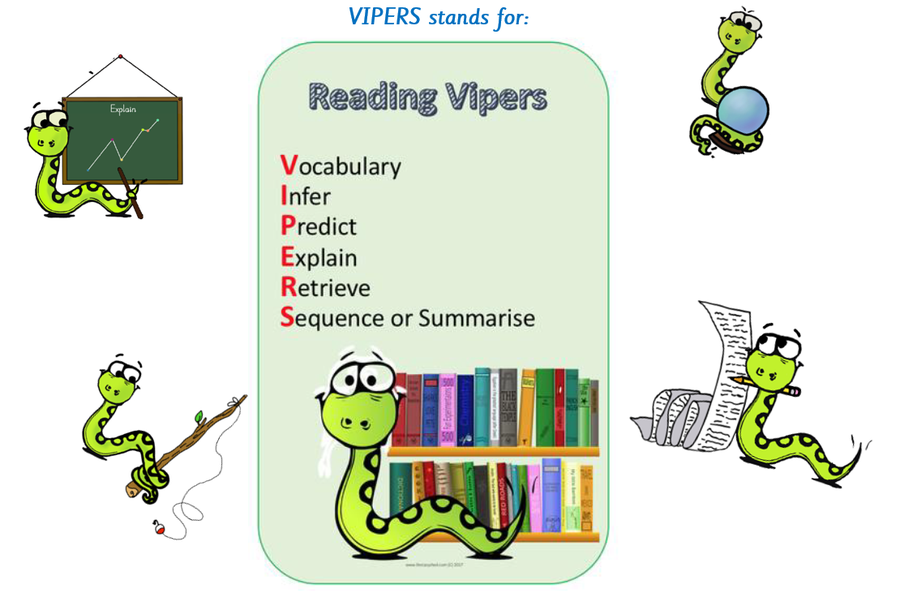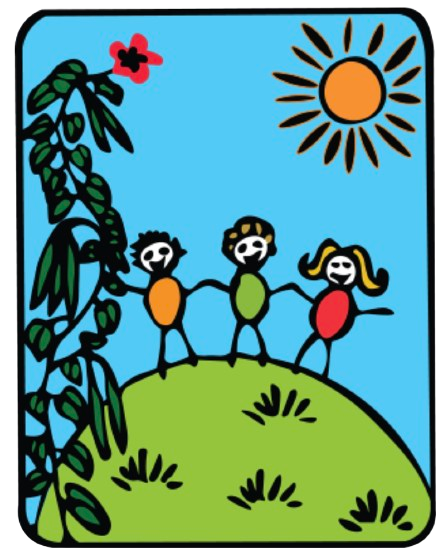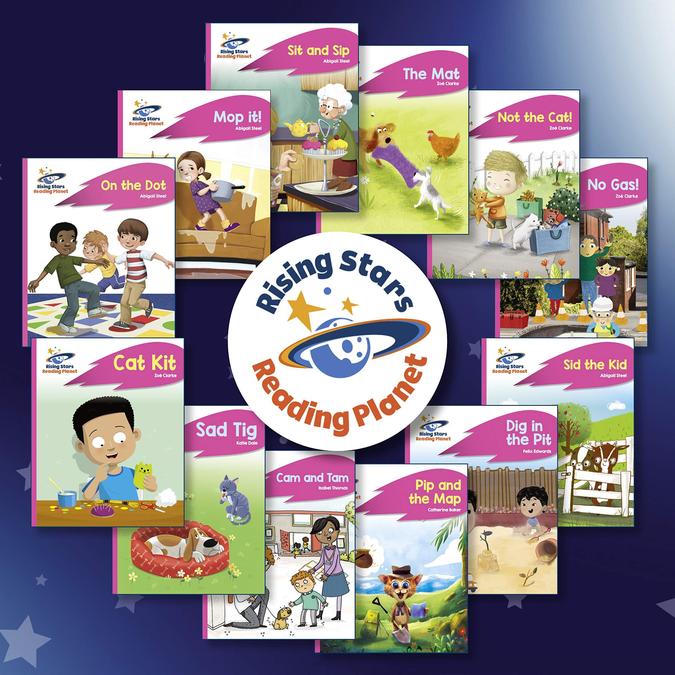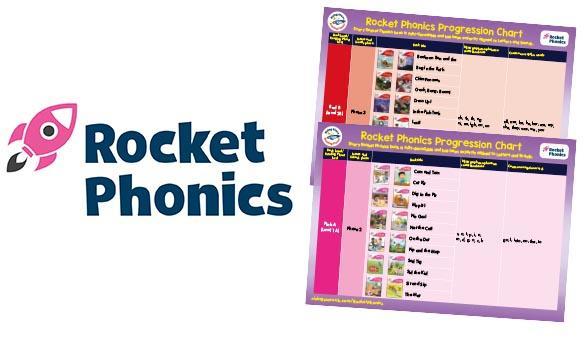Reading and Phonics
Reading Intent
At Moorland Primary School it is our aim that by the end of their primary education all pupils are able to read fluently with confidence, understanding and passion. We prioritise the teaching of reading and we aim to develop life-long, positive attitudes for all of our pupils. We strive for a well-planned, progressive reading curriculum that supports and develops our rigorous teaching of phonics and provides opportunities for our pupils to develop a love of reading.
Reading progression for each year group
Book Band Expectations by Year group
- Year 6 Reading Progression
- Year 5 Reading Progression
- Year 4 Reading Progression
- Year 3 Reading Progression
- Year 2 Reading Progression
- Year 1 Reading Progression
- EY Reading Progression
Our phonics scheme!
Progression of Sounds
At Moorland, we have adopted a phonics scheme called 'Rocket Phonics'. It is a DFE validated story based systematic, synthetic phonics programme for Reception and Key Stage One. The programme is based on the progression of Letters and Sounds and is designed to ensure all pupils achieve reading success.
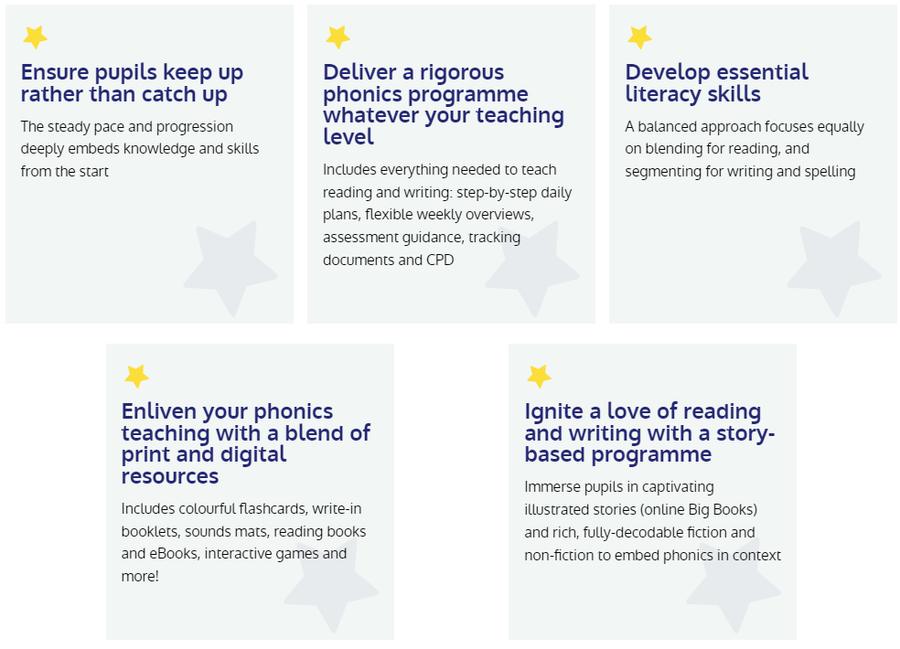
As a school, we have invested heavily in this new scheme to ensure that all of our pupils achieve phonic success. We have new copies of all of the titles available and ask you to respect and care for the books at home. All pupils will have a TARGET PRACTICE READING BOOK which provide focused practice of small groups of target letter-sounds. These books are fully decodable and fully aligned with the programme.
They will also have a ROCKET PHONICS READING BOOK. The Rocket Phonics range of reading books are the ideal complement to the programme as additional decodable reading practice books. These books are fully aligned to the programme and can be used as soon as all the letter-sounds in a particular colour band have been taught.

|

|
Reading Planet Rocket Phonics Resources

|
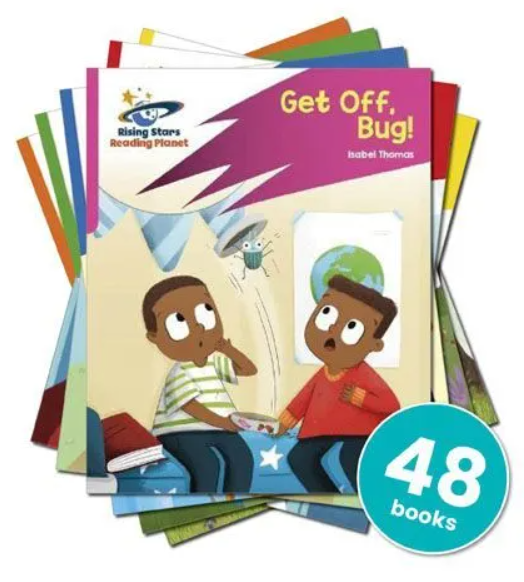
|
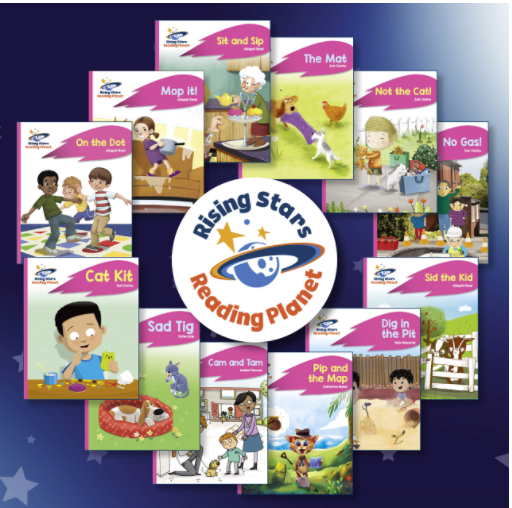
|
Introducing Reading Planet Rocket Phonics
Please watch this video for some more information about Rocket Phonics.
What is phonics?
Phonics is a way of teaching children how to read and write. It helps children to hear, identify and use different sounds. Written language is like a code, knowing the sounds of individual letters and how those letters sound when they’re combined will help children to decode words as they read. Understanding phonics will also help children know which letters to use when they are writing words. Phonics involves matching the sounds of spoken English with individual or groups of letters. For example, the sound ‘k’ can be spelt as c, k, ck or ch.
Saying the sounds precisely and clearly
Learn how to pronounce all 44 phonics sounds, or phonemes, used in the English language with these helpful examples from Suzy Ditchburn and her daughter.Find...
Phonics: How to blend sounds to read words | Oxford Owl
Suzy Ditchburn explains how letter sounds can be blended to read words, and gives tips on how to practise phonics with your child.Find more phonics help on O...
Look at your child's class page to find phonics games to play at home!
Our reading journey continues in Key Stage 2 with the addition of Cosmos and Astro books from Rising Stars alongside a wide range of fiction and non fiction texts.

At Moorland Primary School children are explicitly taught the fundamental skills of reading (as outlined in the National Curriculum) through the use of VIPERS which have been created by The Literacy Shed.
The reading VIPERS are first shared in Reception and then used consistently in KS1 and KS2.
What are VIPERS?
VIPERS is an anagram to aid the recall of the 6 reading domains as part of the UK’s reading curriculum. They are the key areas which we feel children need to know and understand in order to improve their comprehension of texts. The 6 domains focus on the comprehension aspect of reading and not the mechanics: decoding, fluency, prosody etc. As such, VIPERS is not a reading scheme but rather a method of ensuring that teachers ask, and students are familiar with, a range of questions. They allow the teacher to track the type of questions asked and the children’s responses to these which allows for targeted questioning afterwards.
